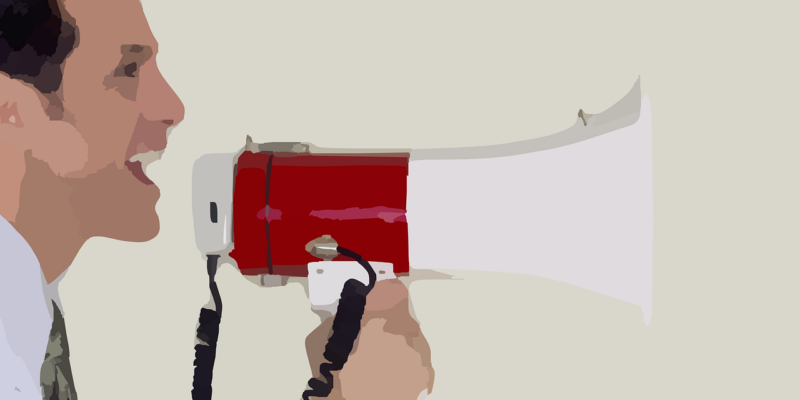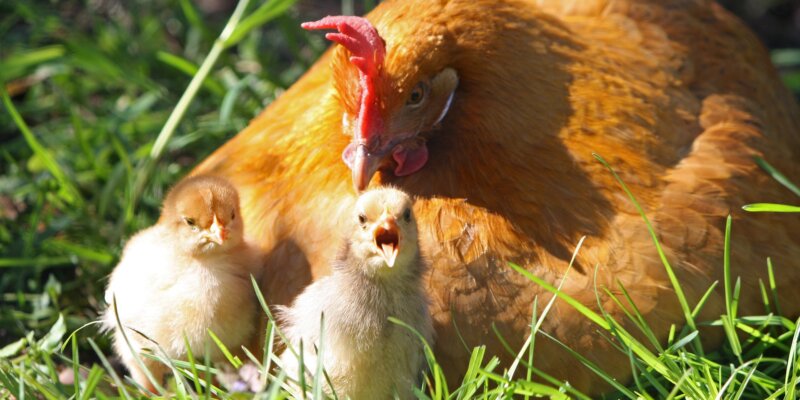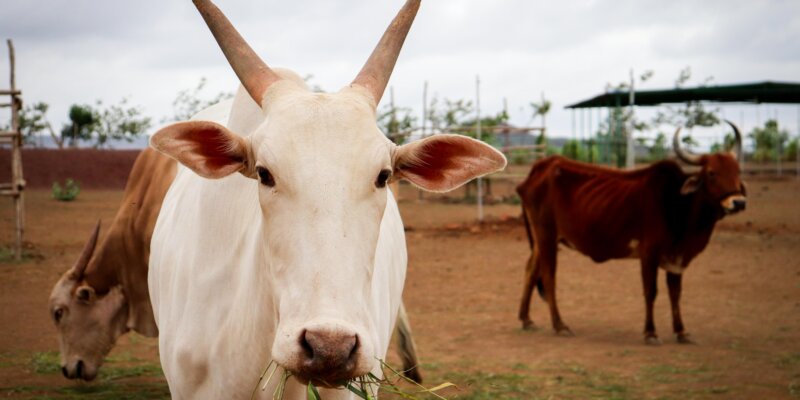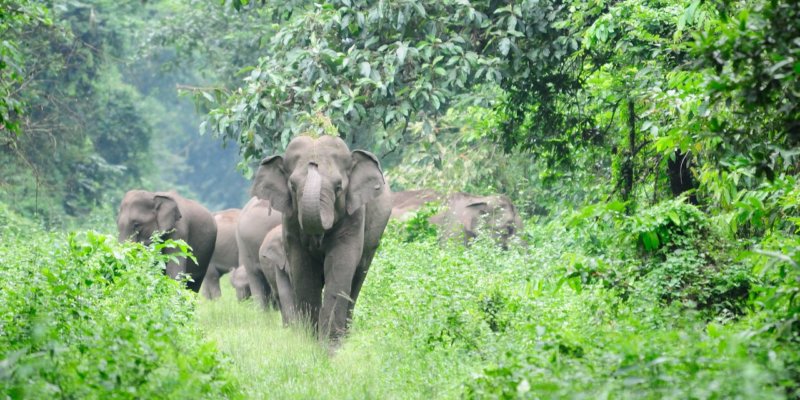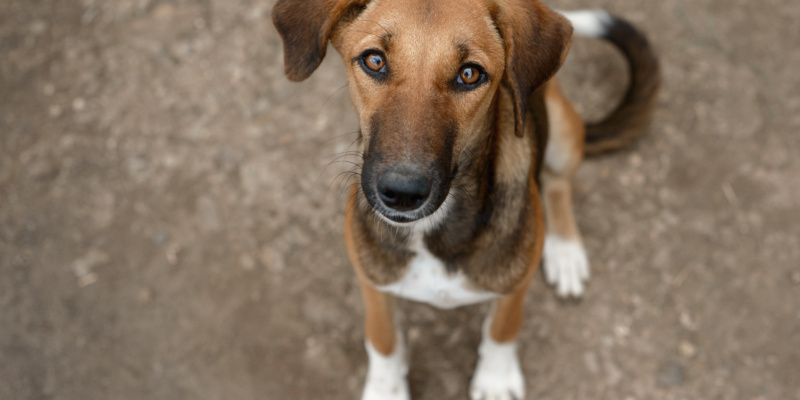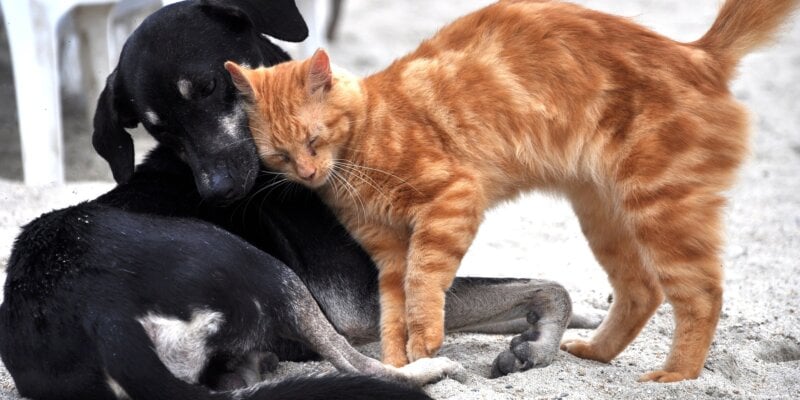Animal Welfare Board Asks Kolkata Authorities to Conduct an Urgent Enquiry into Cruelty to Horses
For Immediate Release:
27 June 2022
Contact:
Hiraj Laljani; [email protected]
Samit Roy; [email protected]
Kolkata – Following a serious complaint of flagrant abuse of animals and animal suffering registered by People for the Ethical Treatment of Animals (PETA) India, the central government advisory body the Animal Welfare Board of India (AWBI) has asked Kolkata Police and the Directorate of Animal Husbandry and veterinary services to conduct an urgent enquiry into the cruelty to horses used for rides and to haul tourist carriages and to submit an “action taken” report. The AWBI notes that cruelty to animals is a violation of Section 3 of the Prevention of Cruelty to Animals Act, 1960, and is a punishable offence under Section 11(1) of the Act and under Section 289 of the Indian Penal Code. The AWBI also asked the state government officials to ensure that horses are provided with necessary care and that horses are removed from the trade and rehabilitated whenever required.
PETA India shared three formal assessment reports through its complaint, including photographic evidence highlighting rampant cruelty to horses suffering from starvation, malnutrition, festering wounds, overwork, and lameness, among other problems, and other violations of law. The group urged the AWBI to advise the state government to seize unfit and unlicensed horses forced to offer rides to tourists and to rehabilitate them in a sanctuary.
The copy of the AWBI’s letter to Kolkata authorities and PETA India’s complaint are available upon request.
“The horse carriages in Kolkata are illegal because they are not entitled to licences for conveyance, and the stables used for horses are unlicensed as per existing state laws,”, says PETA India Advocacy Officer Samit Roy. “The failure of the law enforcement authorities to seize and rehabilitate unfit and unlicensed horses is not only allowing the continued abuse of horses but also endangering the health and safety of the public, since horses and cars do not go together.”
In a recent affidavit filed in Calcutta High Court, the state government claimed that it has decided to implement a policy to not allow horse-drawn carriages to ply without a valid license. The state claimed that under the regulation, proper treatment should be given to horses who are lame, sick, weak, or pregnant.
All the assessment reports by PETA India and the CAPE Foundation establish that more than 100 horses used for rides in the city are anaemic, malnourished, and chronically starved; some suffer from severe injuries, including bone fractures; and many are forced to live amid their own waste on filthy, decrepit, and illegally occupied premises in the city, including an encroachment area under a flyover. This proves that no regulation can prevent the cruelty inherent to the business of horse-drawn carriages. A factsheet in the reports lists 10 road accidents in Kolkata involving horses, highlighting the dangers of using them to haul tourists. Such accidents cause the animals unnecessary pain and suffering and pose safety risks to the passengers in the carriages and commuters on the road. Through a public interest litigation, the groups have appealed to the Calcutta High Court to prohibit the use of horses for rides and to haul carriages for tourist rides.
PETA India – whose motto reads, in part, that “animals are not ours to use for entertainment” – opposes speciesism, a human-supremacist worldview. For more information, please visit PETAIndia.com or follow the group on Twitter, Facebook, or Instagram.
#



